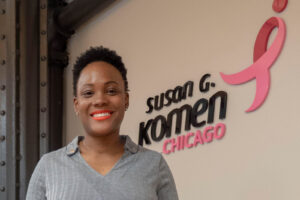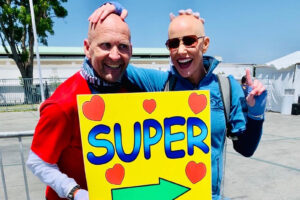Ulka N. Vaishampayan, M.D.
Oncologist, rare cancers; Lead investigator and professor, Internal Medicine Division of Hematology/Oncology University of Michigan Chair, Phase I Therapeutics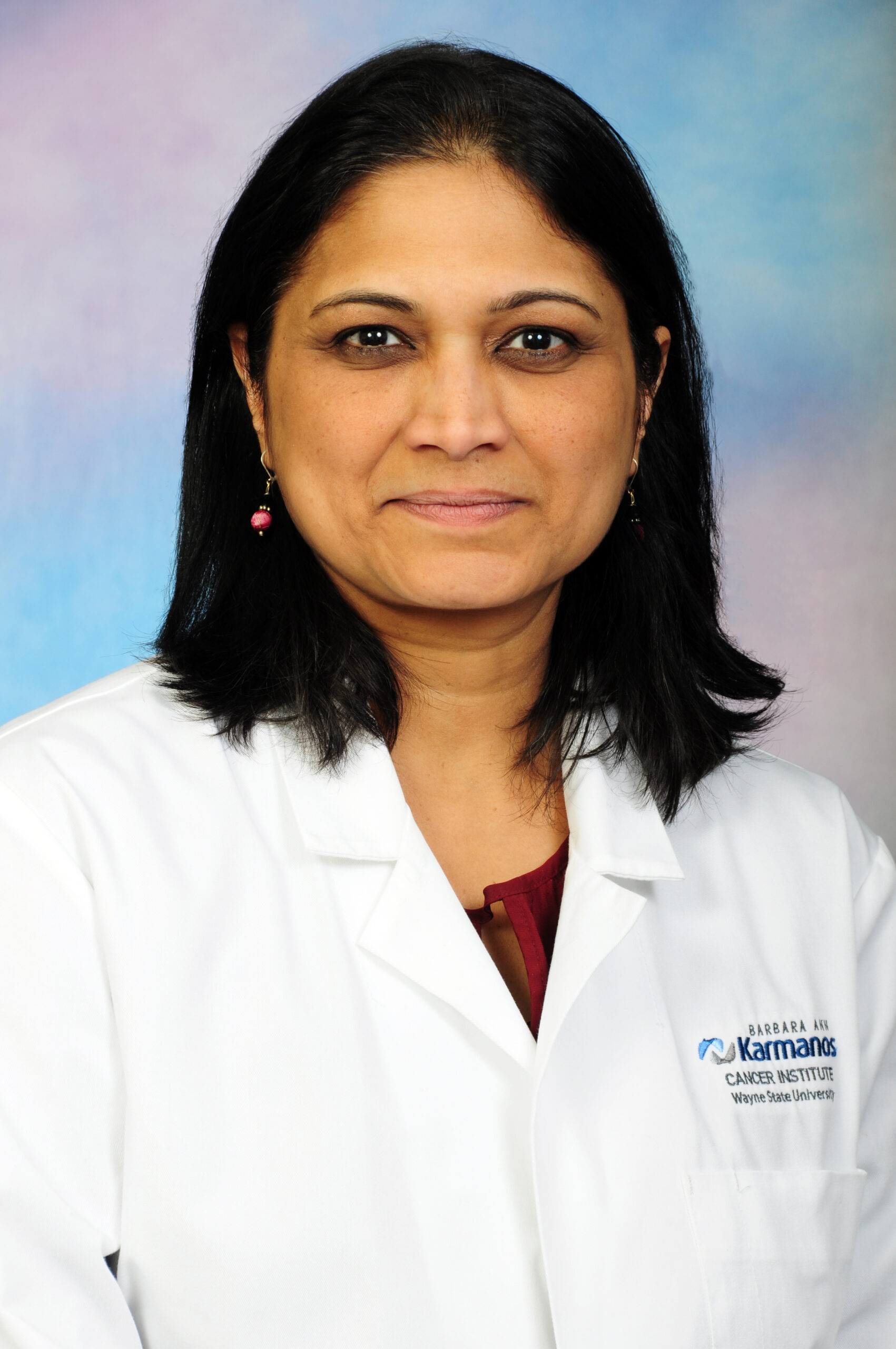
What led to your interest in treating rare cancers?
My interest in treating rare cancers stems from the fact that this is a disease state with a huge unmet need. There is no standard therapy established for most of these malignancies. The rare diseases/cancers get referred to the Phase I team frequently for management as this is usually considered the best therapy option. Making an impact in these diseases is a worthy goal and I view this as an untapped potential area of drug development.
How does the future look when confronting cancers like mucosal melanoma and platinum-resistant ovarian cancer?
The thing that these two diseases have in common is that both have a lack of any proven treatments. Investigational therapies such as nemvaleukin, which is designed to stimulate cancer-fighting immune cells in the body, may work against these cancers. There is reason to be cautiously optimistic. It creates a potential novel option to improve outcomes.
Santosh Kesari, M.D., Ph.D.
Neurologist and neuro-oncologist; Regional Medical Director of Providence Southern California’s Research Clinical Institute
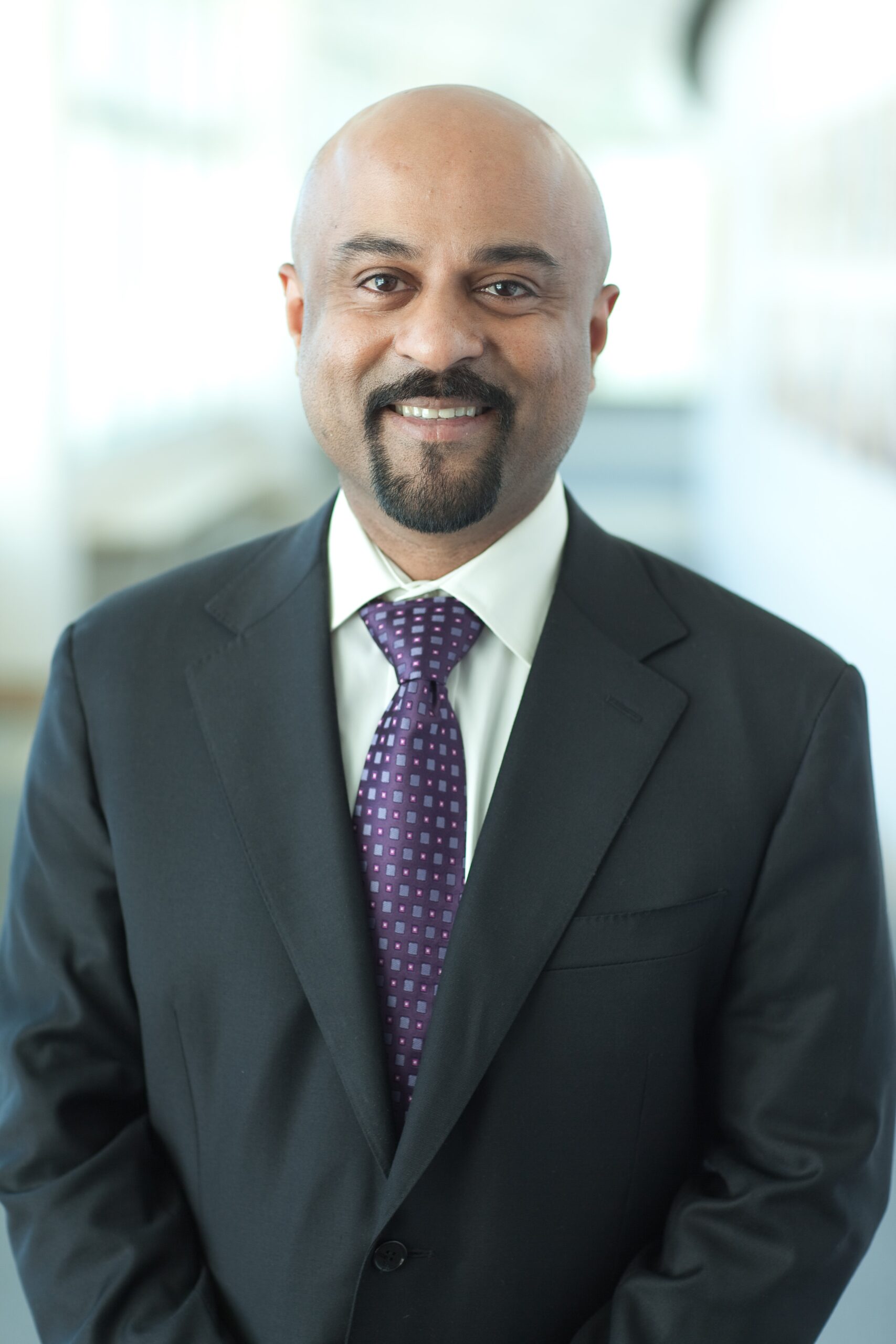
What fueled your interest in pursuing neuro-oncology as a career?
Since grade school, I have been interested in medicine. As I got older, I really wanted to understand who we are and how we think, so I gravitated to studying neuroscience in college. This naturally led to studying brain tumors in medical school when I realized how big of an unmet need it was. Over the past two decades, neuro-oncology has been a rewarding field.
What is your primary goal throughout the doctor-patient experience?
My main goal in the doctor-patient relationship is to have the patient feel comfortable and understand their diagnosis and treatment plan, while answering all of their concerns, questions and fears. This will engender trust with the entire care team, so patients feel that we are all working on behalf of them to improve outlooks.
Adekunle “Kunle” Odunsi, M.D., Ph.D.
Gynecologic oncologist; Director of the University of Chicago Medicine Comprehensive Cancer Center
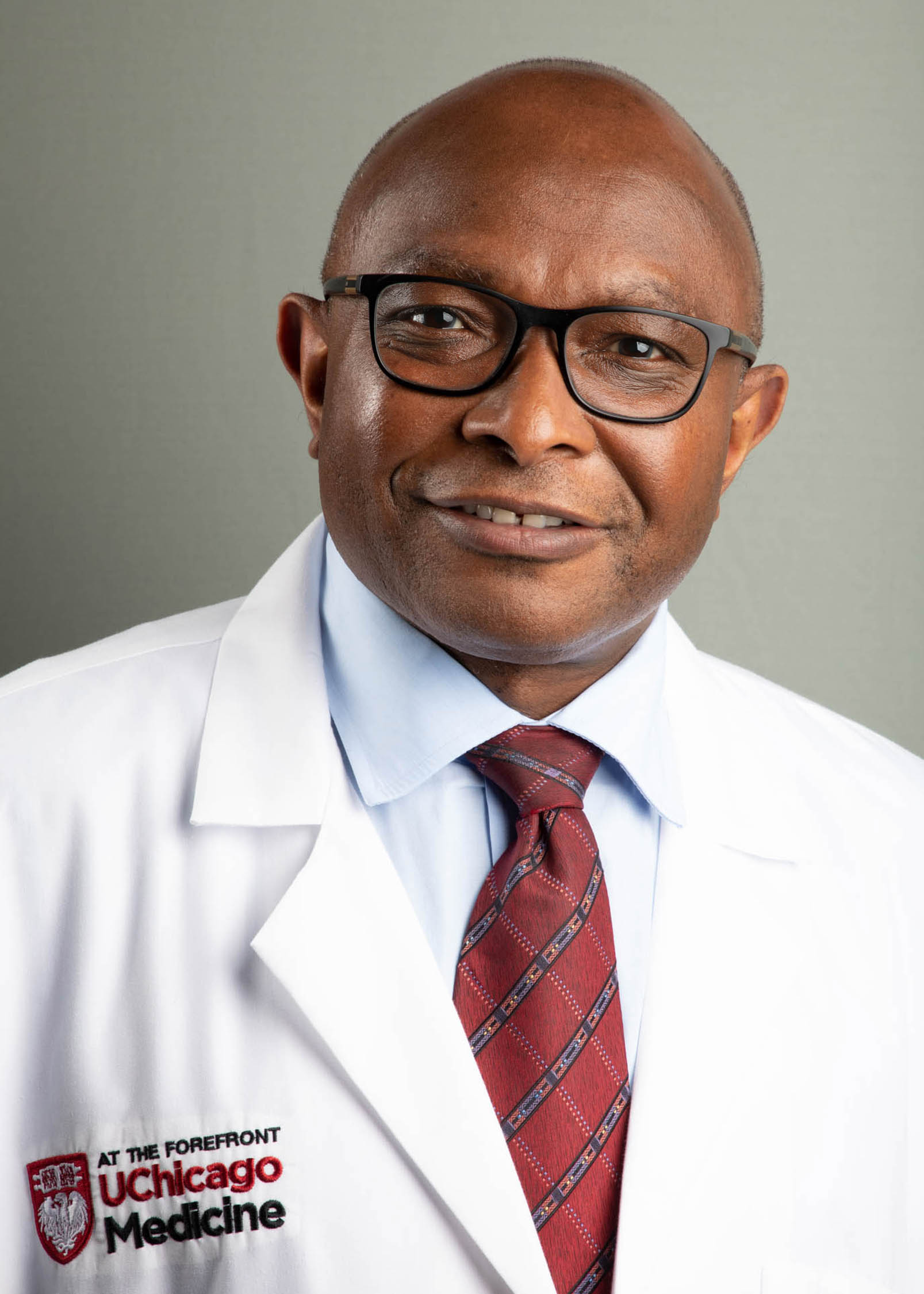
Why did you pursue work in the ovarian cancer space?
During a medical school rotation and later during my OB-GYN residency, I saw the impact that a cancer diagnosis and treatment has on patients and their families. Specifically, I saw how ovarian cancer is a ‘silent killer.’ There are no early detection tests, and most patients are diagnosed with advanced disease. I was motivated by these experiences to make a difference for ovarian cancer patients and work in a complex field that required bold thinking and collaboration across disciplines.
In what ways is immunotherapy and vaccine therapy reshaping cancer care, especially in terms of health equity?
Immunotherapy and vaccine therapy have revolutionized cancer care in the last decade. My own research has led to immunotherapy strategies that have prolonged remission rates and improved outcomes for ovarian cancer patients. As far as health equity, we still have work to do. At the University of Chicago Medicine Comprehensive Cancer Center, we care for a high proportion of underrepresented minorities. We are laser-focused on improving equity at all stages of the cancer continuum.
Everett E. Vokes, M.D.
Oncologist, head and neck and lung cancers; Physician-In-Chief, University of Chicago Medicine and Biological Sciences, Chair, Department of Medicine
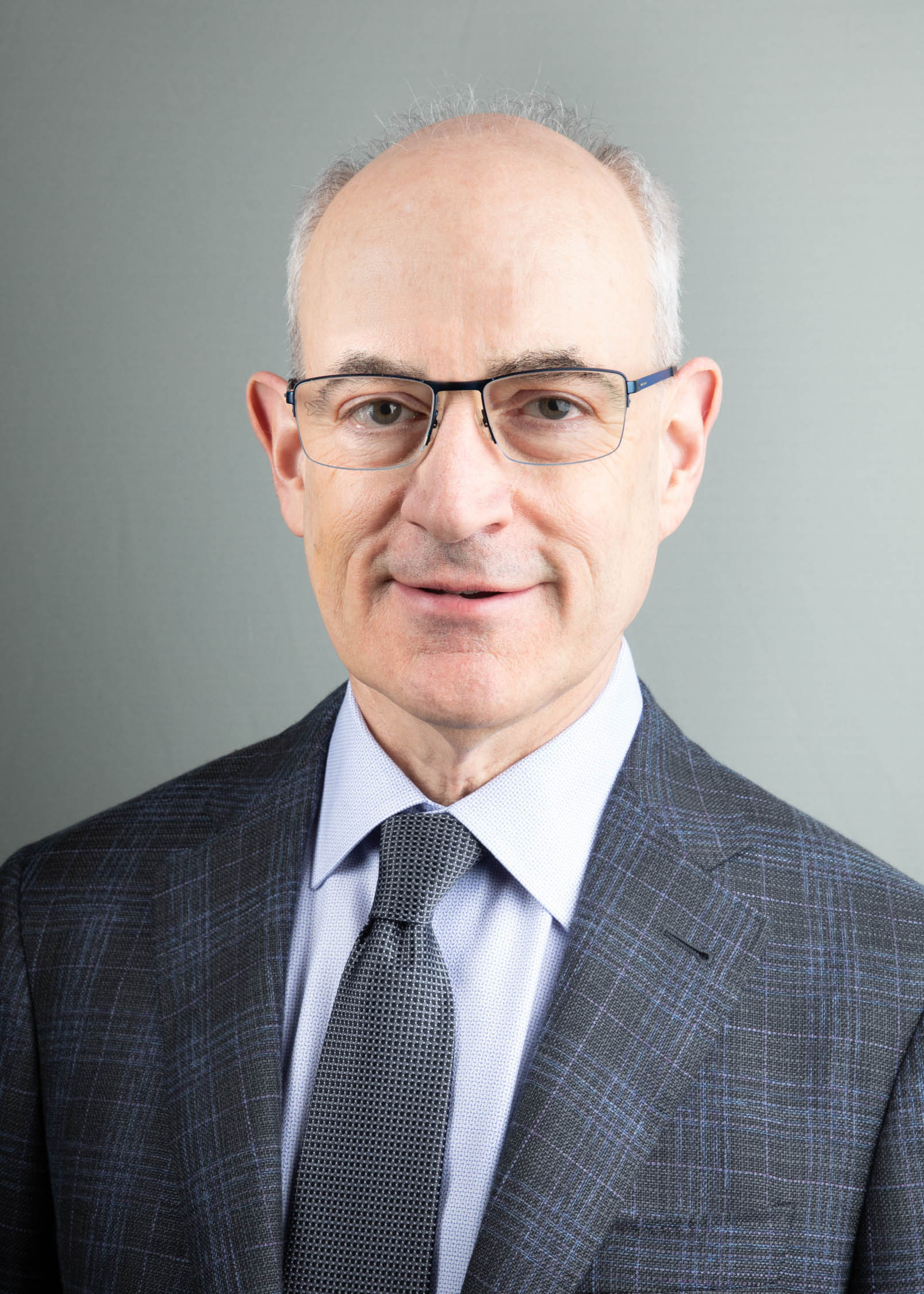
Why drew you to the head and neck and lung cancer specialties?
Head and neck cancer frequently involves a socioeconomically disadvantaged population of patients and relates to alcohol and tobacco use. Over the last 20 years, we have also established viral origins. I was attracted to the field as the majority of patients can be treated with curative intent. It is an interesting field to develop new therapeutic approaches and clinical trials to optimize combined modality therapeutics. Witnessing increased cure rates over the years and achieving organ preservation has been extremely rewarding.
What is your primary goal throughout the doctor-patient experience?
When meeting a patient for the first time, it is important to address and listen to their concerns and those of their family members or support teams. It is important to build a relationship with the patient based on trust, communication and shared decision-making. We can help patients deal with the impact of a cancer diagnosis. The key to the doctor-patient relationship is communication as equal partners.
Lori Wilson, M.D.
Surgical oncologist; Professor of Surgery, Associate Dean of Faculty Development; Diversity, Chief of Surgical Oncology, Howard University College of Medicine; Breast cancer survivor
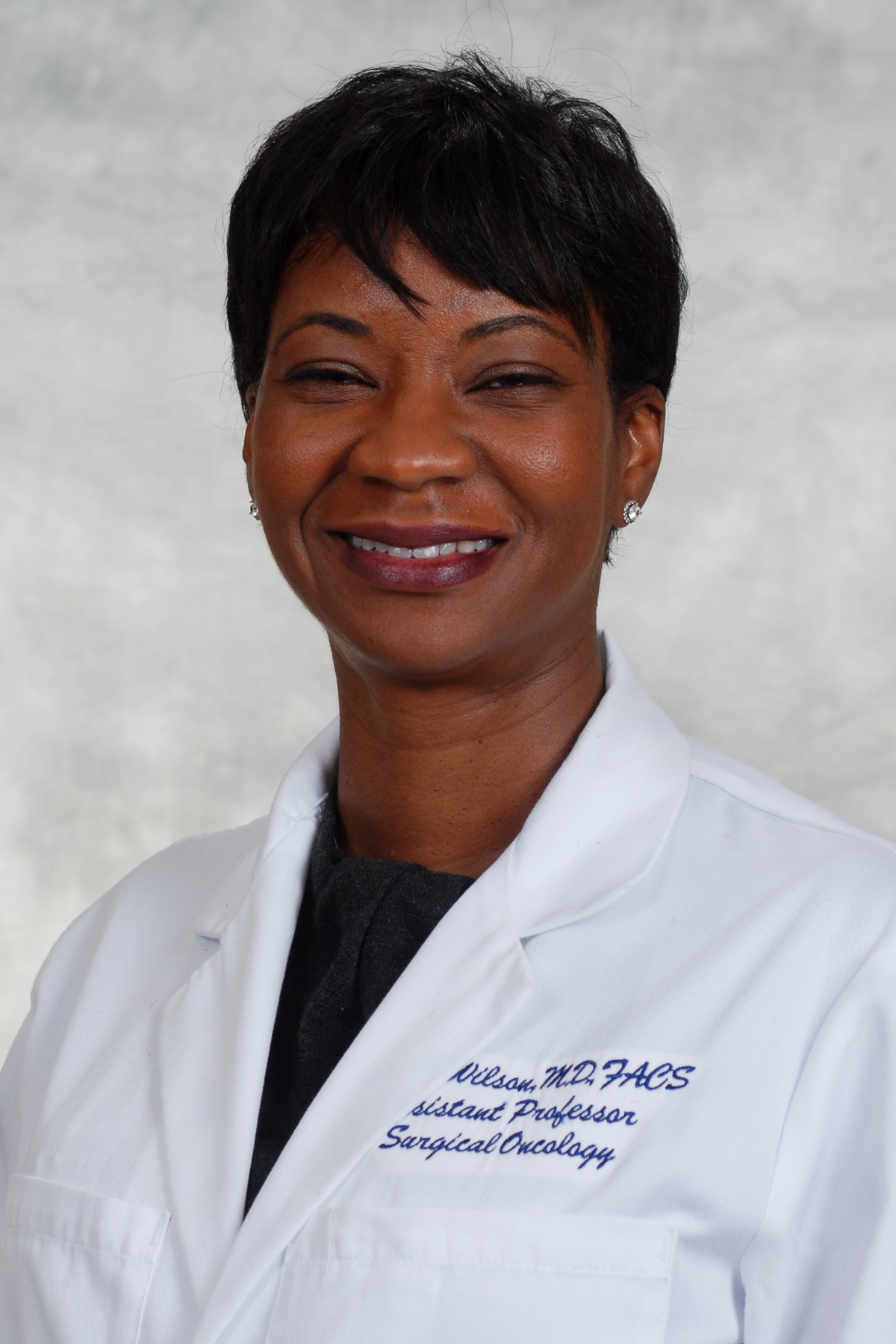
How did your surgical oncology background influence your approach to your own diagnosis?
It’s important to see yourself in the people that care for you and understand that they’re not just people who are there to give ideas or to help manage your care—they’re in it with you. I had already been practicing five-and-a-half years, but without the perspective of being a patient. What it gave me was an understanding of what my patients go through.
How did experiencing cancer firsthand impact your philosophy of care with your own patients?
When I look at my patient population, it is very reflective of my own ethnic background. I am African American, or Black, by descent. It’s a blessing being that person that cares for them and that they can relax and understand that I am making sure their needs are met. We want to make sure we are providing for them—that they know when they’re coming to us, they don’t have to worry that their care is not going to give them the best opportunity for cure.
When I look at my life, this is not the life I expected to be leading; I thought I’d just be a little surgeon, that I’d get into medical school because I worked hard. In my life, I never would have thought something like this could happen to me. And if it can happen to me, it can happen to any of the young students and residents I’ve had the privilege to train and educate.


